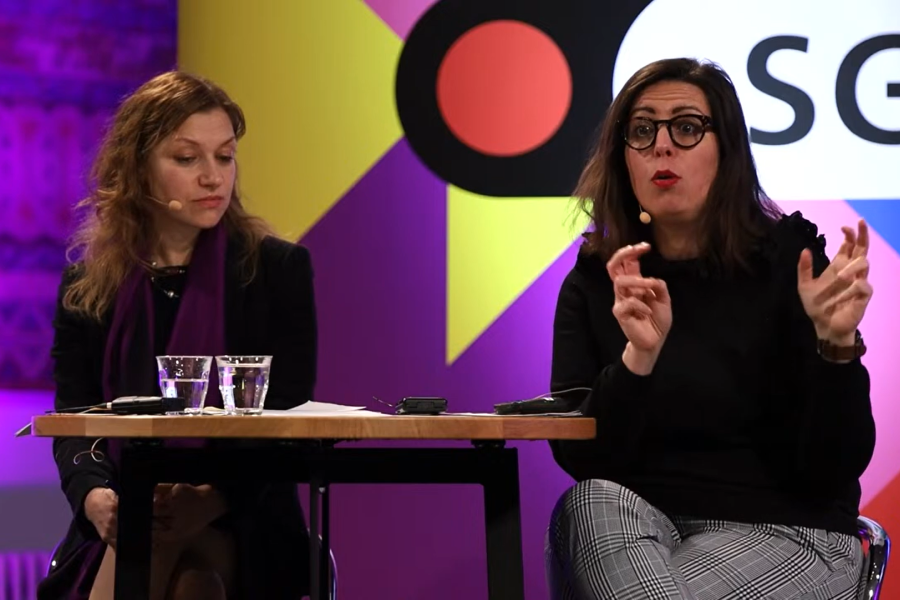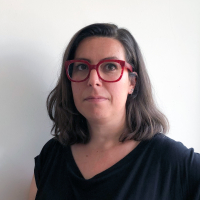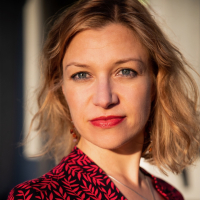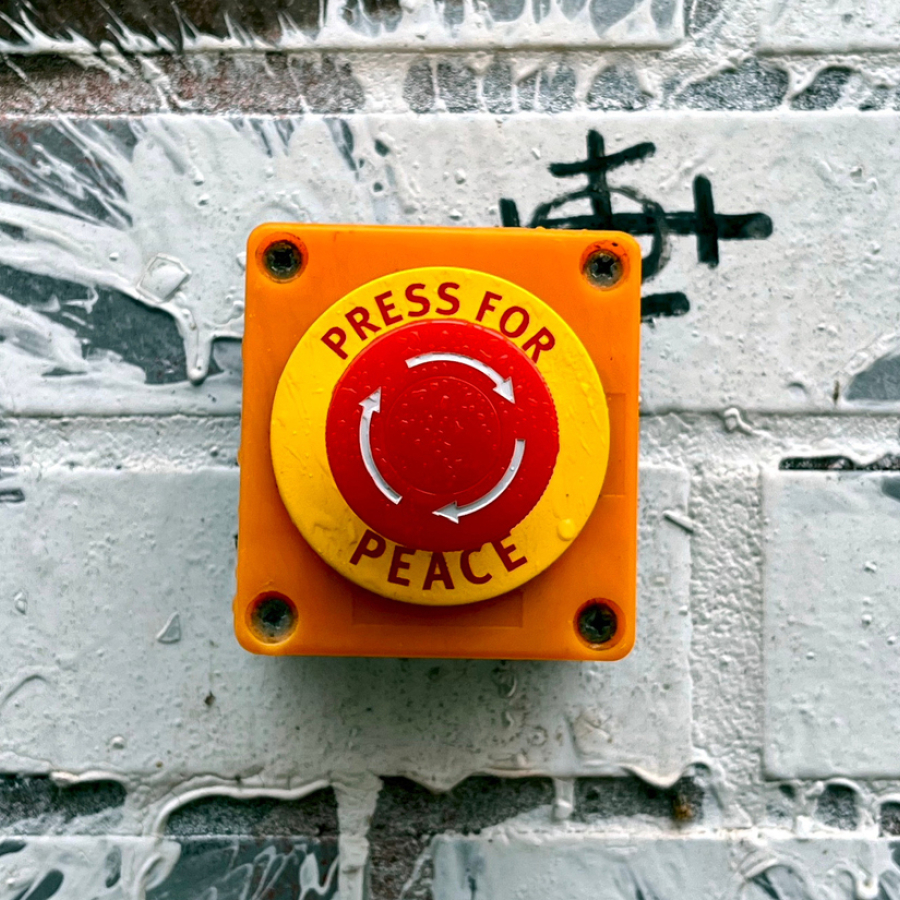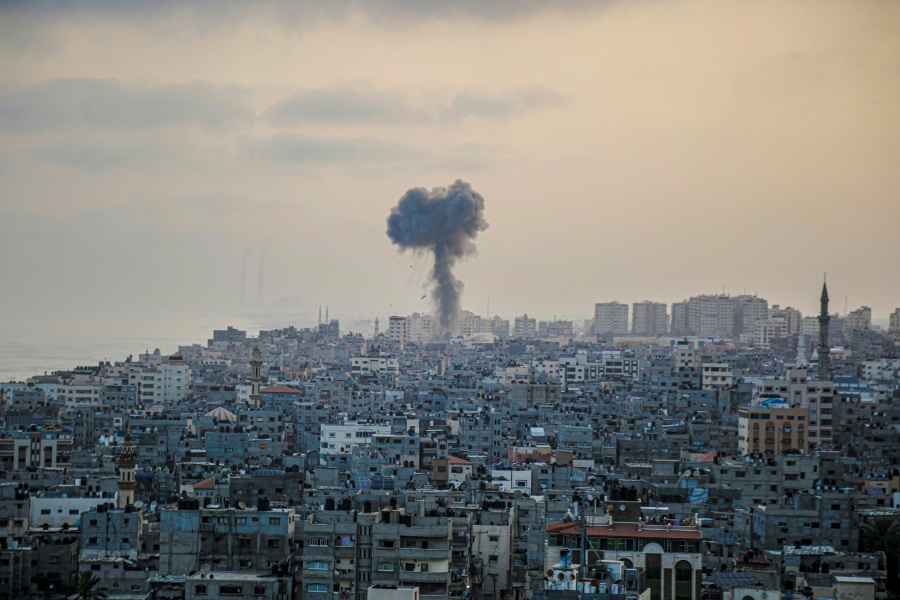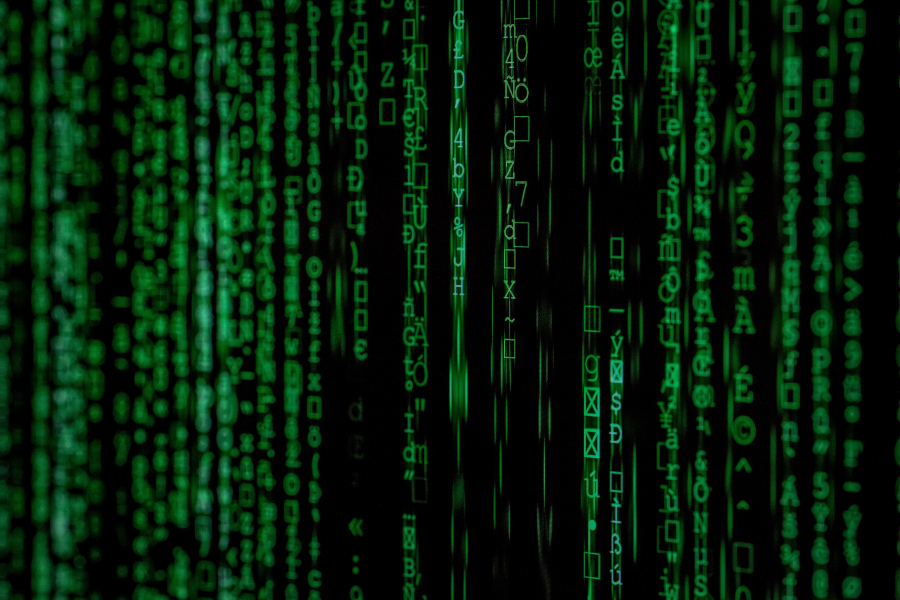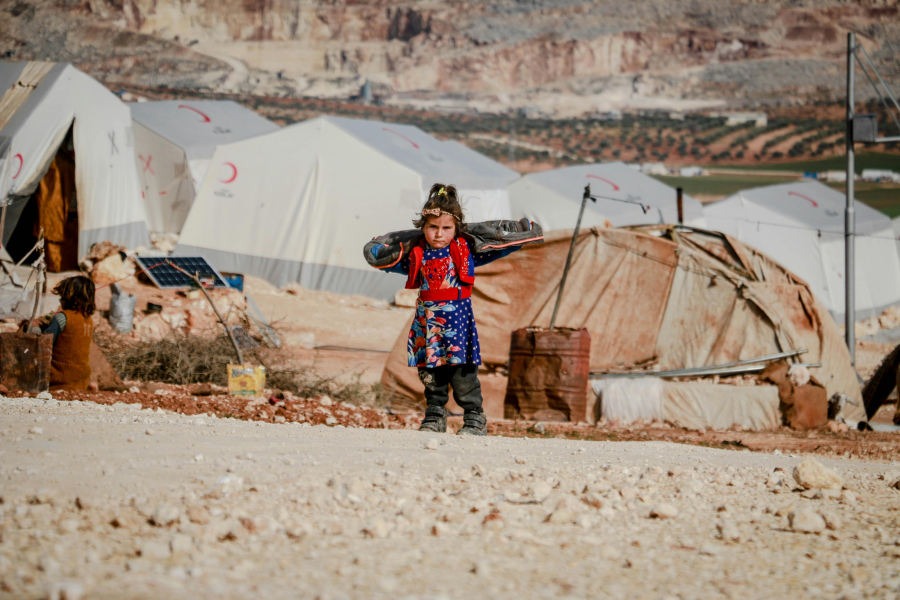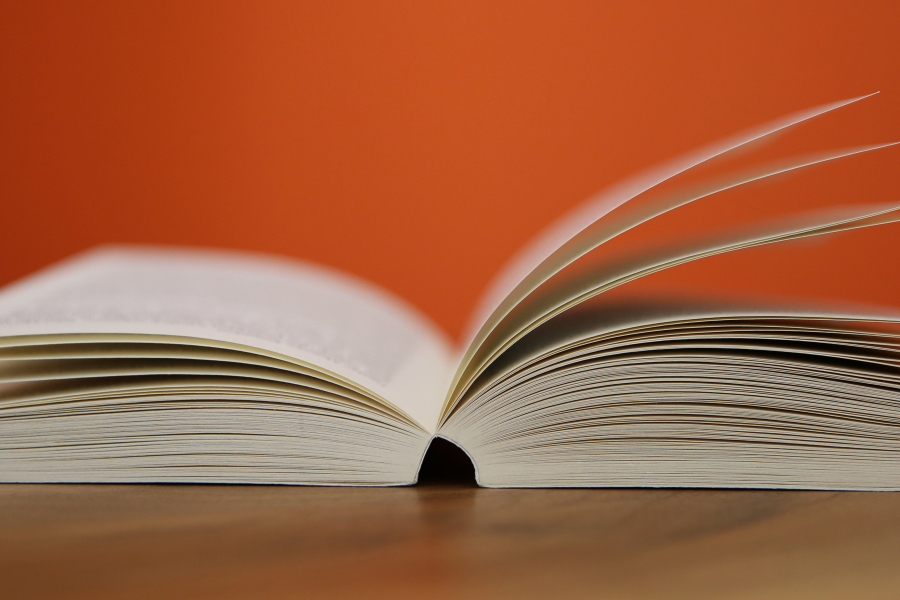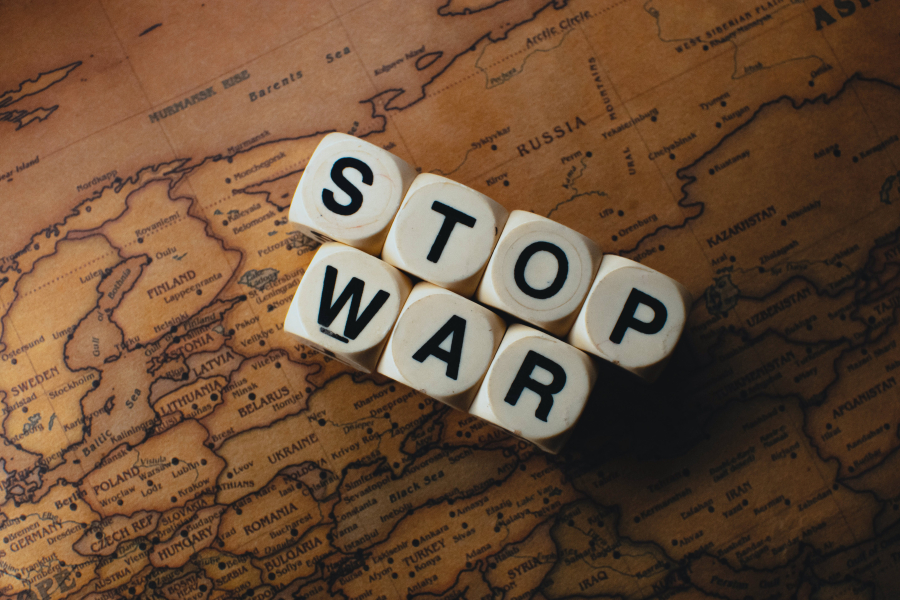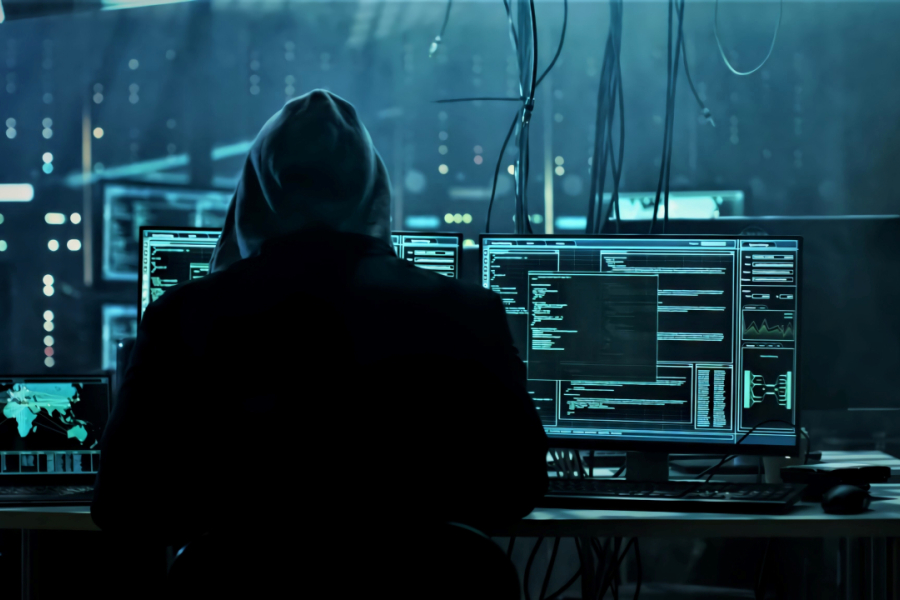How to get justice for war crimes within a flawed system
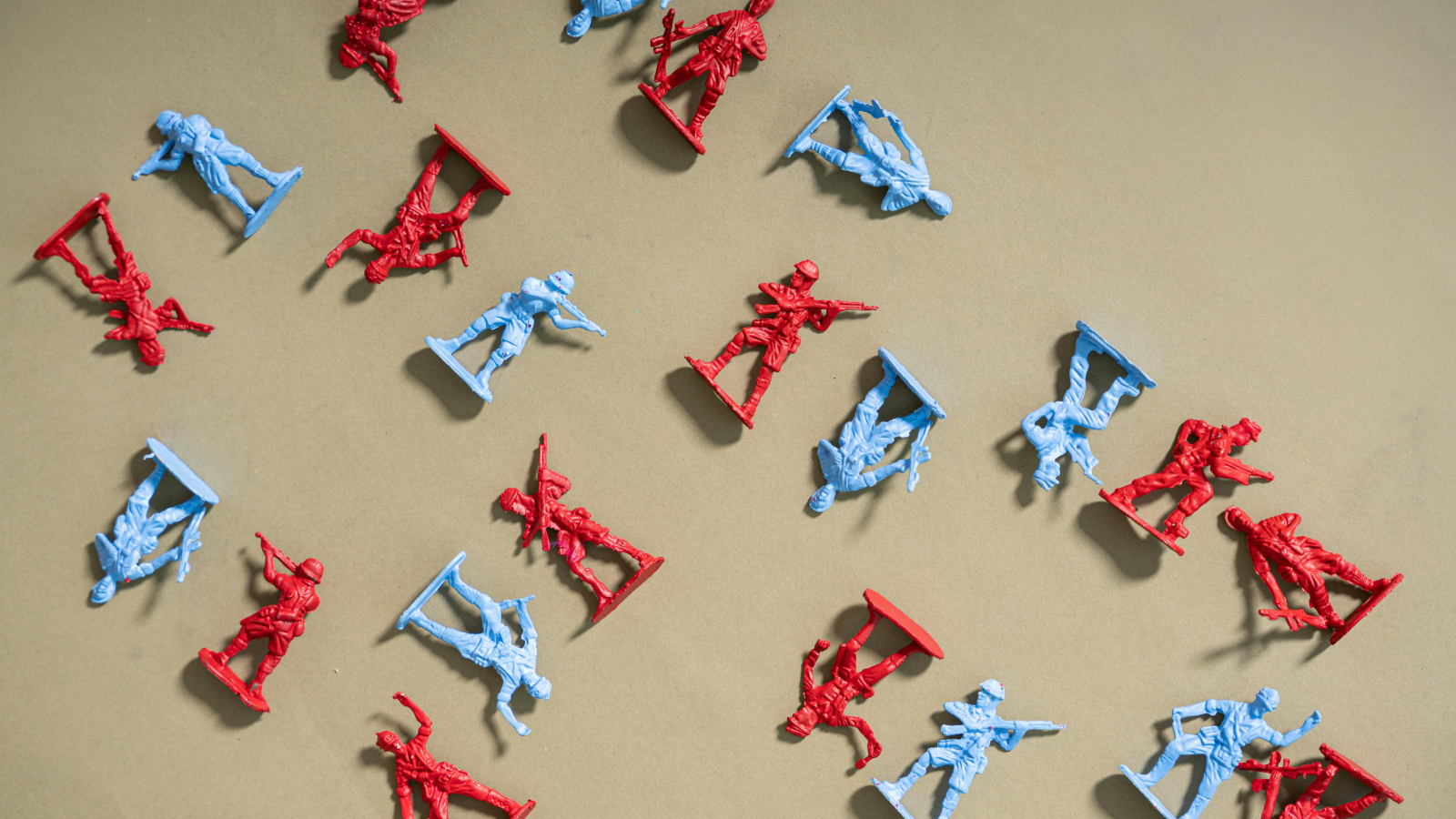
How are war crimes judged internationally?
"War is not Illegal." Professor in International History Dr Iva Vukušić (UU) states. "There are regulations governing the conduct of war and permissible forms of attack." While it is legal to wage war, international treaties such as the Rome Statute aim to deter worse behavior. However, Vukušić contends that we cannot place all of our faith in these global frameworks. "The international justice system is only a tool for disaster management: it is not a blueprint for a just world."
Despite its formal name, the international judicial system is basically a conglomeration of independent organizations striving for relatively related objectives. The majority of these organizations, which deal with particular conflicts like the tribunals for Rwanda and Yugoslavia, were founded in the early 1990s following the end of the Cold War. With 123 participating state parties, the International Criminal Court (ICC) is at the center of these organizations. Individuals accused of international crimes such as war crimes, crimes against humanity, crimes of aggression, and genocide may be brought before this court.
"It is a small miracle that we have anything. If we had to start from scratch now, I'm not sure that any international criminal court would be established." Vukušić says. She emphasizes, however, that there are shortcomings in the international judicial system. Vukušić explains, "Some very important states do not participate: the United States, China, and Russia are not members of the ICC." This is problematic since it only has jurisdiction over member nations or locations where a citizen of a member state has committed a crime. Another critique on the ICC is that it concentrates too much on African governments while ignoring sensitive crises in which powerful Western states are involved.
War crimes in Yemen
The crisis in Yemen serves as an example of how difficult it is to bring war criminals to justice. The UN has deemed Yemen, where 21.6 million people struggle to put food on the table, to be the worst humanitarian crisis of our time. The complicated geopolitical conflict between the Houthi rebels and the alliance commanded by Saudi Arabia is what led to this catastrophe. Throughout the ongoing battle both sides are charged with atrocities. However, using the ICC's assistance to obtain justice for the crimes committed is challenging. "The Rome Statute was never ratified by Yemen, Saudi Arabia, or the United Arab Emirates." Dr. Ewa Strzelecka (VU), a political anthropologist, begins to explain. "The ICC has very limited jurisdiction as a result." However, some efforts have been made to obtain justice. The European Center for Constitutional and Human Rights, for instance, is attempting to bring an International Criminal Court case against European arms corporations for their alleged involvement in war crimes. "However, these procedures take a very long time: a comprehensive 350-page file was filed in 2018, and we have yet to hear back." says Strzelecka. Vukušić asserts that not all crimes are admissible in the international judicial system for trial. "It is only a solution in a few cases: it is slow and imperfect."
Getting justice is hampered not only by the International Criminal Court's narrow jurisdiction but also by the dissolution of national courts. Strzelecka begins, "It's very difficult to persecute anybody on a national level." However, local judicial systems are also taking very significant steps to at least gather and document evidence. "This is also a prelude to a time when justice will truly be served."
Where do we go from here?
Vukušić encourages seeing the international justice system for what it is: "Flawed, politicized and with a lot of problems." But the system is also something we can work with and improve. If it were up to Vukušić, she would know what to do. "One thing that would definitely help would be to reform the UN." Five states hold veto power in the UN Security Council, resulting in an uneven balance of power. "It is not good that they can stop cases from going to the ICC." Furthermore, Vukušić would put more money toward stopping war crimes rather than waiting for something to go wrong. For instance, some months ahead of time, there were indications in the former Yugoslavia that things would go awry. Therefore, we should try to take away people's matches rather than fighting fires. Strzelecka also discusses her ideas for enhancing global justice. "Human rights, not the political interests of various nations, should be at the center of the institutions through systemic reform."
Watch the full recording with Vukušić &: Strzelecka "How to get justice for war crimes?"
Further reading:
What is a war crime?
UN definition and rules on war crimes
Yemen
ECCHR: Made in Europe, bombed in Yemen
Lawyers seek ICC probe into alleged war crimes in Yemen
Gaza (Israel-Palestine conflict)
Chief prosecutor at the ICC Karim Khan on the inhumanity of the Israel-Palestine conflict
Ukraine
Ukraine: International Centre for the prosecution of Russia's crime of aggression against Ukraine
What does the ICC arrest warrant for Vladimir Putin mean in reality? | Vladimir Putin | The Guardian
Sudan
Genocide and war crimes charges against ex-President Omar al-Bashir

